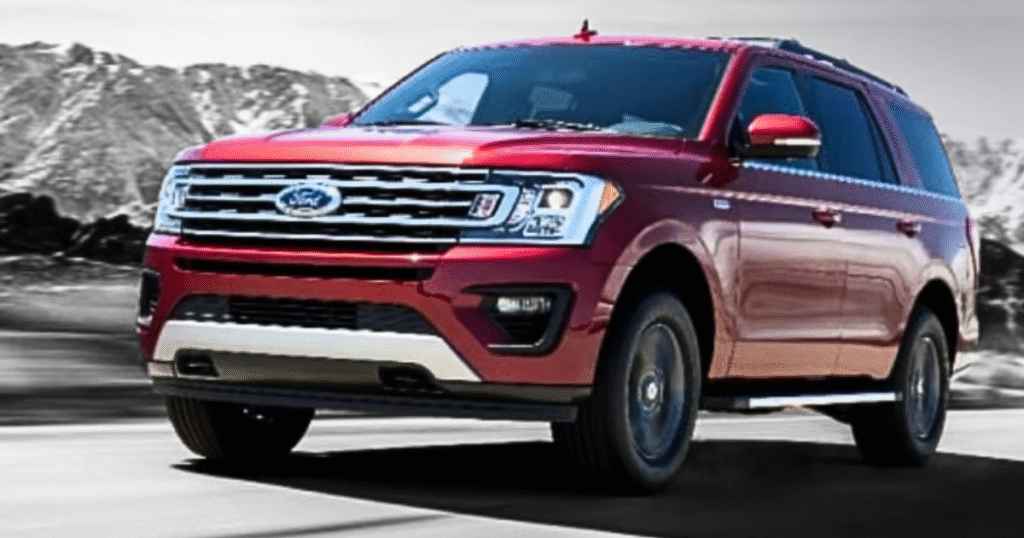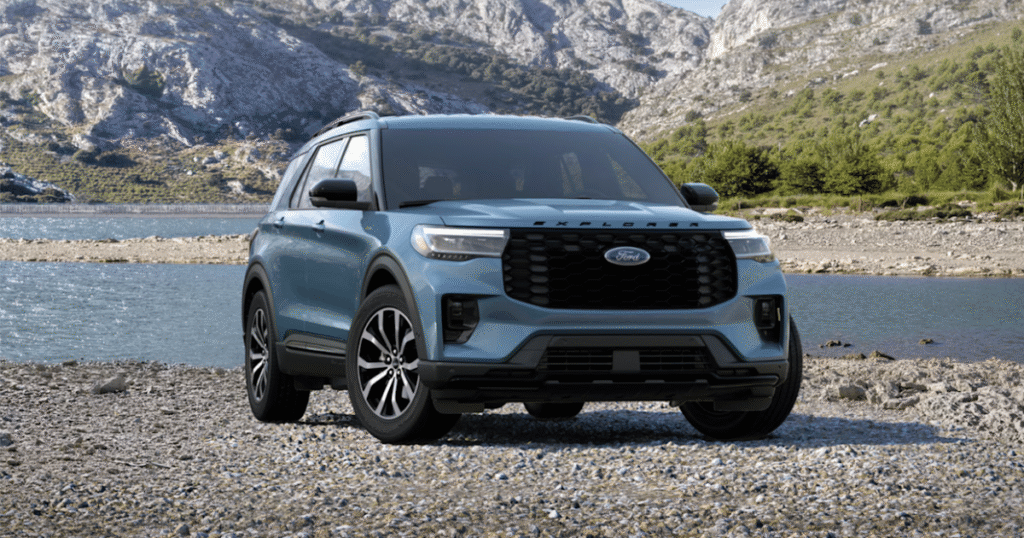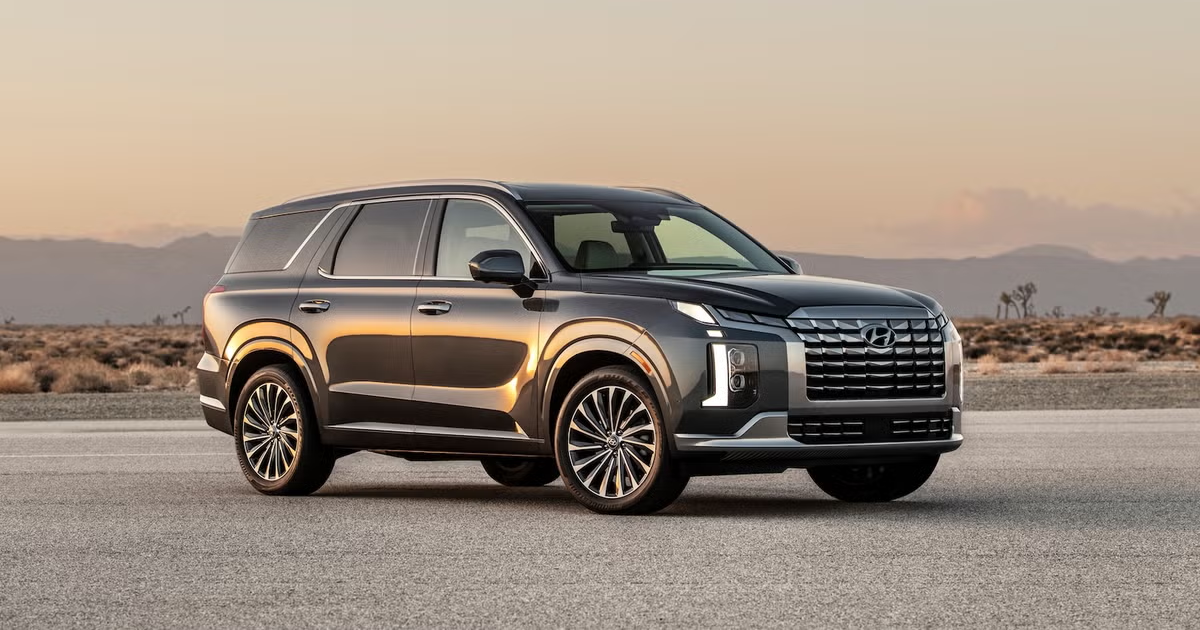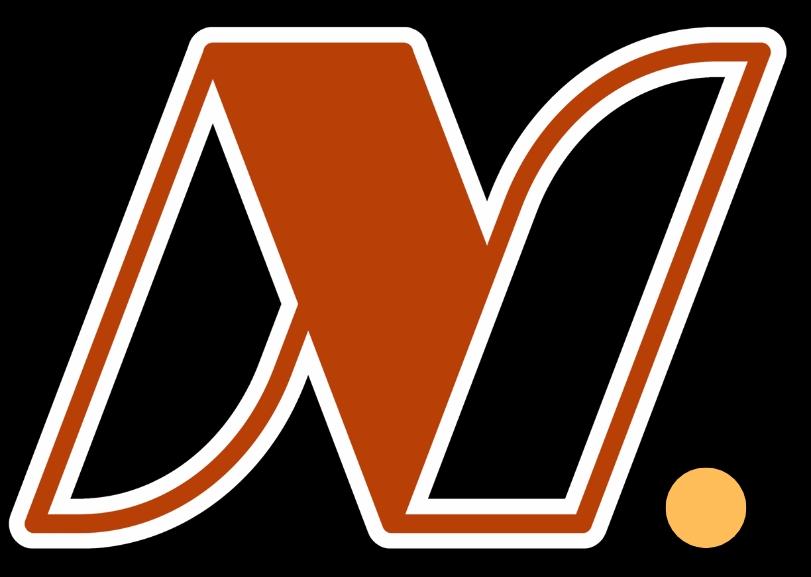Ford Motor Company has issued a critical safety recall impacting over 270,000 of its most popular SUV models—Ford Expedition and Lincoln Navigator—manufactured between 2022 and 2024. This issue involves front brake lines that may become damaged, leading to potential brake fluid leaks and serious safety concerns.
If you own one of these vehicles, it’s important to understand the risks and the steps you need to take immediately.
What Is the Issue with Ford’s Brake Lines?
The Root of the Problem
According to the National Highway Traffic Safety Administration (NHTSA), the front brake lines in some vehicles could come into contact with the engine air cleaner outlet pipe. Over time, this friction may cause wear and tear on the brake lines, resulting in brake fluid leaks.
Why It Matters
- Leaking brake fluid reduces braking power.
- It can lead to partial or total loss of front braking, especially during sudden stops.
- Increases the risk of accidents or collisions, especially at higher speeds or in emergency situations.
Recall Summary: Everything You Need to Know

| Detail | Information |
|---|---|
| Manufacturer | Ford Motor Company |
| Recall Date | May 14, 2025 |
| Vehicles Affected | 2022–2024 Ford Expedition & Lincoln Navigator |
| Total Units Recalled | Approximately 273,000 |
| Main Concern | Brake fluid leak from front brake lines |
| Remedy Offered | Free inspection and replacement by dealers |
| Notification Start | Letters will be mailed by May 26, 2025 |
What Should Ford Owners Do?
If your vehicle is among the recalled models, follow these essential steps:
🔍 1. Check If Your Vehicle Is Affected
Visit the official NHTSA recall tool at nhtsa.gov/recalls and enter your Vehicle Identification Number (VIN).
🛠 2. Schedule a Free Inspection
If your vehicle is affected, contact your nearest Ford or Lincoln dealership to arrange a free inspection and any required repairs.
📨 3. Watch for Official Notification
Ford plans to mail letters to owners by May 26, 2025, with further instructions.
Ford’s Recall History and Safety Commitment

This isn’t the first major recall Ford has issued regarding brake systems. In early 2025, Ford recalled over 123,000 vehicles for a brake booster leak, a separate issue also affecting SUV models.
Ford has stated that it is committed to consumer safety and is working with dealerships across the country to resolve this issue quickly and at no cost to vehicle owners.
“We take safety seriously and are taking immediate action to fix this issue,” said a Ford spokesperson.
How This Affects Drivers and Families
For many drivers, SUVs like the Expedition and Navigator are daily family vehicles. This defect raises concerns for:
- Parents transporting children
- Commuters on highways
- Anyone driving in wet or high-traffic conditions
Prompt action is crucial. A leaking brake line can create unpredictable braking, and waiting too long could lead to costly damages or dangerous situations.
Frequently Asked Questions (FAQs)
Q1: How can I check if my Ford is affected by the recall?
🔹 Use the NHTSA VIN lookup tool: https://www.nhtsa.gov/recalls
Q2: What will the dealership do?
🔹 They will inspect the brake line and replace damaged parts at no cost to you.
Q3: How long will the repair take?
🔹 Most inspections and repairs can be completed within a few hours.
Q4: Is it safe to continue driving my vehicle until then?
🔹 If your vehicle shows brake warning lights or signs of fluid leaks, stop driving and contact a dealer immediately.
Q5: Can I be reimbursed if I already repaired the issue?
🔹 Ford typically provides reimbursement for prior repairs related to recall issues. Check with your dealer for claim procedures.
Resources & Contact Information
- Ford Recall Hotline: 1-866-436-7332
- NHTSA Vehicle Safety Hotline: 1-888-327-4236
- Ford Recall Info Page: https://www.ford.com/support
- Find a Dealer Near You: https://www.ford.com/dealerships
Conclusion: Stay Alert and Act Fast
If you drive a 2022–2024 Ford Expedition or Lincoln Navigator, now is the time to check your vehicle status and take action. This brake issue is serious, and acting quickly ensures the safety of you, your passengers, and others on the road.
Don’t wait for the letter. Take initiative today—your safety may depend on it.
Related Article







